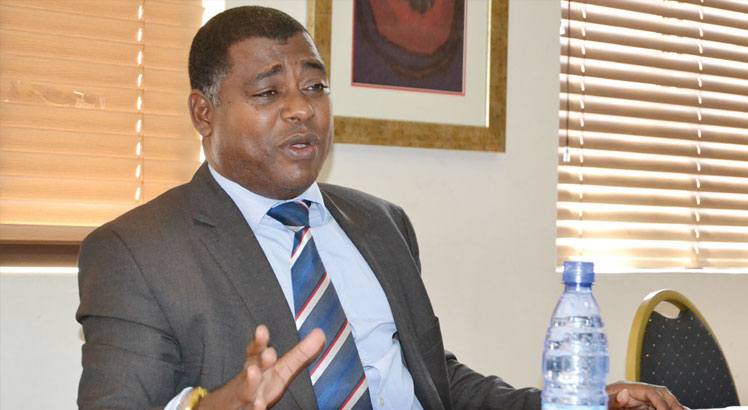Committee, opposition fault budget
Opposition parties and the Budget and Finance Committee of Parliament yesterday took turns to punch holes in the proposed K2.84 trillion 2022/23 National Budget, describing it as largely unrealistic and difficult to implement.
In his response, main opposition Democratic Progressive Party (DPP) spokesperson on Finance Ralph Jooma said Malawi’s economy suffers from external shocks such fuel prices, exchange rate and raw material imports.

He, therefore, said it was doubtful the projected gross domestic product (GDP) rate of 4.1 percent this year and four percent next year would be attainable.
Jooma said: “Once the exchange rate misbehaves, inflation follows suit and consequently, no central bank governor would hold the policy rate, but to tow the line.
“When these macro-economic factors fall off, GDP may not grow as anticipated, resulting in revenue mobilisation under-performance.”
Jooma said in the 2021/22 National Budget, government goofed on the pricing of the budget with an assumption of K780 to the US dollar when the actual outturn was over K1 000 to a dollar, as such, the budget failed to produce the intended amount of assets, goods and services.
On assertions in the budget statement that it was premised on public debt management, he said to the contrary, the budget is not repaying a single tambala towards domestic debt and that the budget intends to increase national debt by K884 billion to finance the budget deficit.
Out of the K884 billion deficit, K654 billion is domestic debt, while K230 billion is external debt.
Jooma said: “The meaning of it is that by the end of the financial year that we are about to start, our national debt will move from K5.8 trillion to K6.7 trillion. This will make it even more difficult for future fiscal space.”
In her contribution, Budget and Finance Committee of Parliament chairperson Gladys Ganda said the committee is aware of the uncertainties in the global economy that will potentially pose risks to growth.
Notably, she said, the emergence of new Covid-19 variants could prolong the pandemic and induce renewed economic disruptions.
In analysing the 2022/23 expenditure, Ganda said they noted that total expenditures have continued to increase in the proposed budget to K2.840 trillion from an approved estimate of K1.955 trillion in the 2021/22 financial year.
This, she said, represents 42.3 percent increase and 6.8 percent increase from a 12-month expenditure equivalent of the outgoing financial year.
Ganda expressed concern that recurrent expenditure continues to dominate the budget as it claims 71.1 percent of the 2022/23 National Budget, estimated at K2.02 trillion from K1.424 trillion 2021/22 likely outturn.
The committee, therefore, recommends government to stick to the statutory limits of borrowing as stipulated in the Public Finance Management Act and the Reserve Bank of Malawi Act.
“We reiterate that any intention to depart from the principles of prudent fiscal management should be brought to the attention of the National Assembly prior to the over-commitment by the Ministry of Finance,” Ganda said.
Taking his turn, United Democratic Front (UDF) leader in Parliament Ned Poya expressed worry that the social protection budget line has only allocated K75 per child per year, describing it as too low.
Minister of Finance and Economic Affairs Sosten Gwengwe presented the K2.84 trillion budget in Parliament on February 18 this year which the opposition and the committee were reacting to yesterday.
In the past two weeks, members of Parliament have been scrutinising the budget vote by vote in cluster committee meetings.





